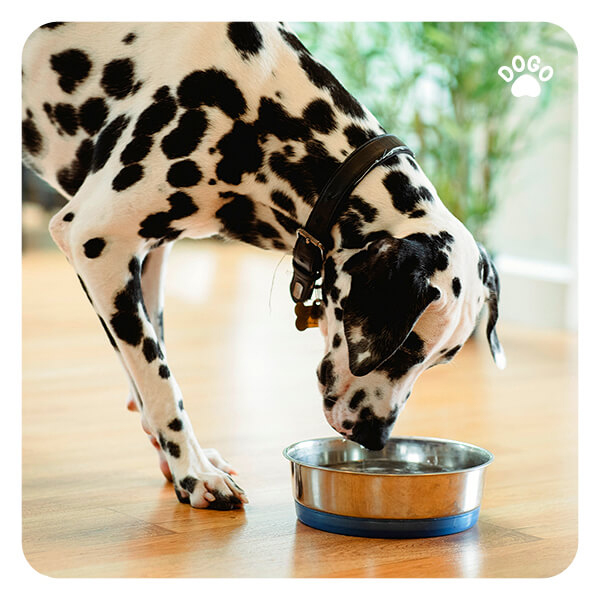 As responsible dog owners, we want to make sure we’re providing our furry friends with the best care possible. One important aspect of their well-being is their diet. Just like humans, dogs have specific dietary needs that must be met to ensure their overall health and happiness. So, the question arises: how often should dogs eat?
As responsible dog owners, we want to make sure we’re providing our furry friends with the best care possible. One important aspect of their well-being is their diet. Just like humans, dogs have specific dietary needs that must be met to ensure their overall health and happiness. So, the question arises: how often should dogs eat?
First and foremost, it’s crucial to understand that there isn’t a one-size-fits-all answer to this question. The frequency of feeding your dog depends on several factors, including their age, size, breed, activity level, and overall health. However, we can provide some general guidelines to help you make informed decisions.
Puppies, in particular, require more frequent meals due to their rapid growth and higher energy demands. Generally, they should be fed three to four times a day until they reach about six months of age. This ensures they receive the necessary nutrients to support their development. As they grow older, you can gradually reduce the frequency and transition them to a regular feeding schedule.
For adult dogs, most veterinarians recommend feeding them twice a day. This approach helps maintain a consistent metabolic rate and prevents hunger pangs between meals. Splitting their daily food intake into two smaller portions also aids in digestion, reducing the risk of gastrointestinal issues. However, it’s important to note that some larger breeds may benefit from three smaller meals instead of two.
Senior dogs, on the other hand, may have specific dietary requirements due to age-related changes in their bodies. It’s advisable to consult with your veterinarian to determine the best feeding schedule and appropriate food for your aging companion. They may suggest smaller, more frequent meals to accommodate their changing metabolism and potential dental issues.
Now, let’s talk about portion sizes. It’s crucial to strike a balance between providing enough food for your dog’s nutritional needs and avoiding overfeeding, which can lead to obesity and associated health problems. Breed, age, and activity level play significant roles in determining the correct portion size. Your veterinarian can guide you in determining the appropriate amount of food to feed your dog based on these factors.
Remember, every dog is unique, and their dietary needs may vary. Some dogs may require more frequent meals due to medical conditions or specific circumstances. Always consult with your veterinarian for personalized advice tailored to your dog’s individual needs.
In conclusion, the frequency of feeding your dog depends on various factors such as age, size, breed, and health. Puppies require more frequent meals, while adult dogs generally do well with two meals a day. Senior dogs may have specific needs that should be addressed with the guidance of a veterinarian. By understanding your dog’s unique requirements and providing them with a balanced diet, you can ensure their well-being and promote a long and healthy life for your beloved companion.
Remember, a well-fed dog is a happy dog![/fusion_text]



